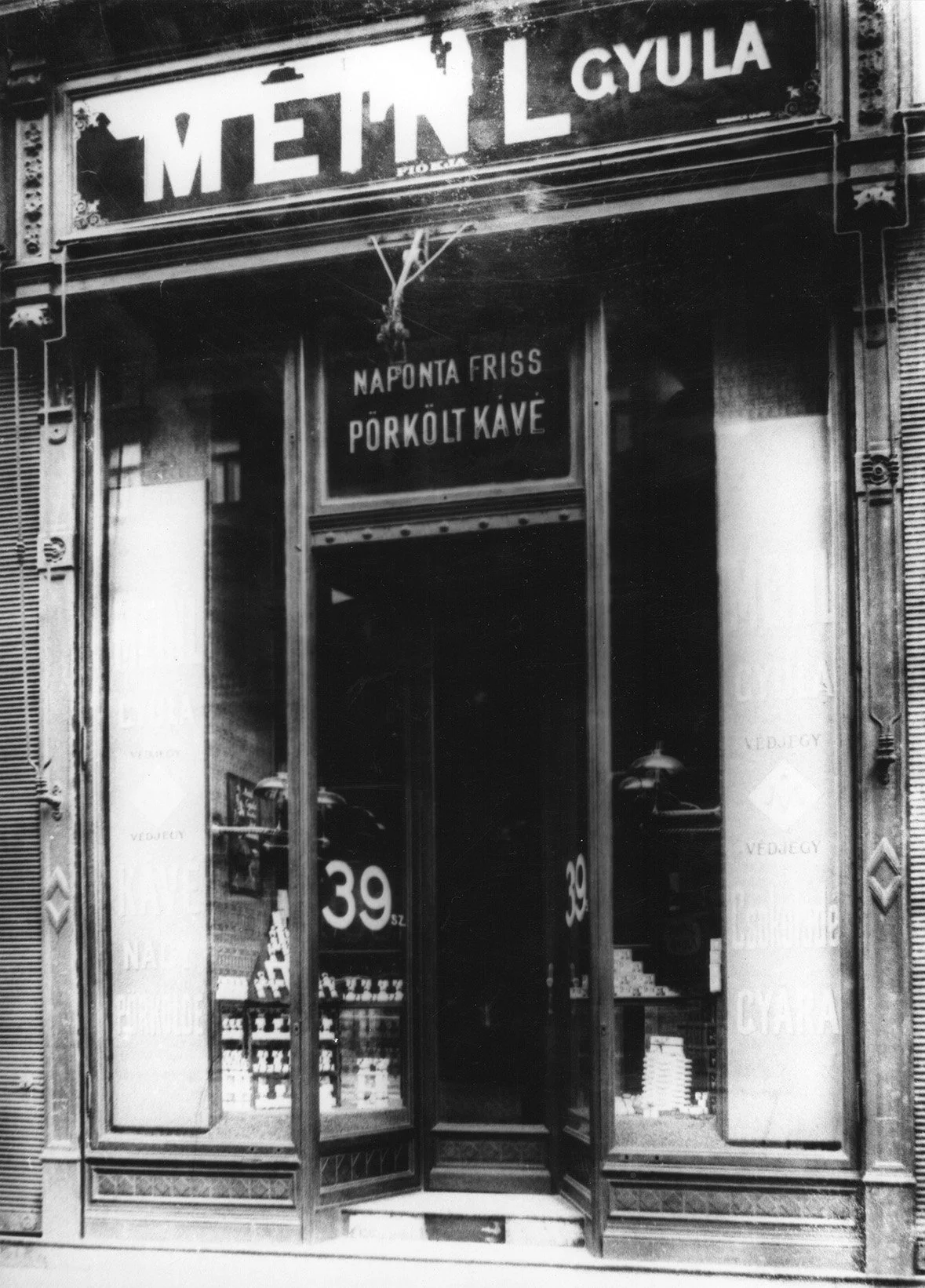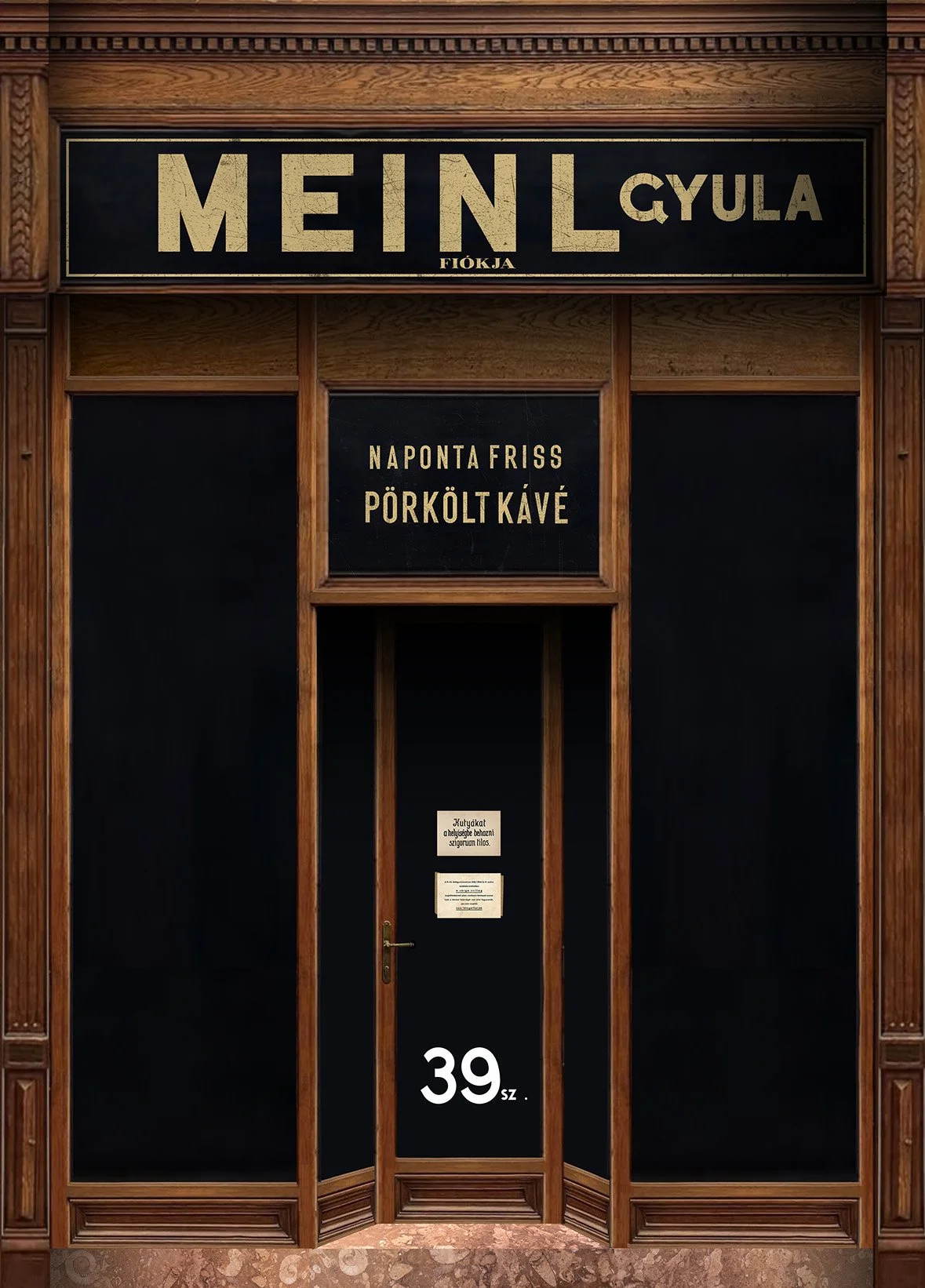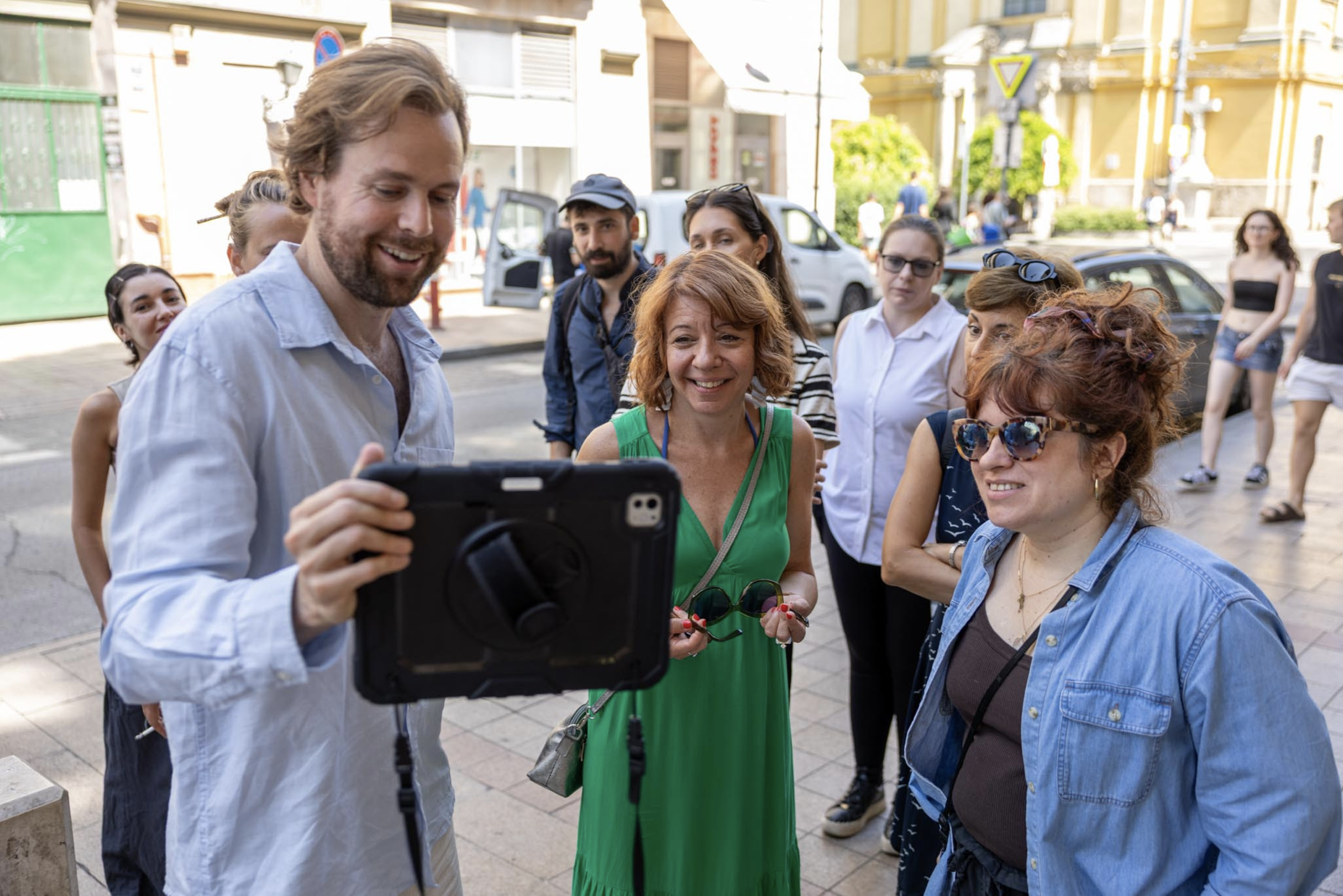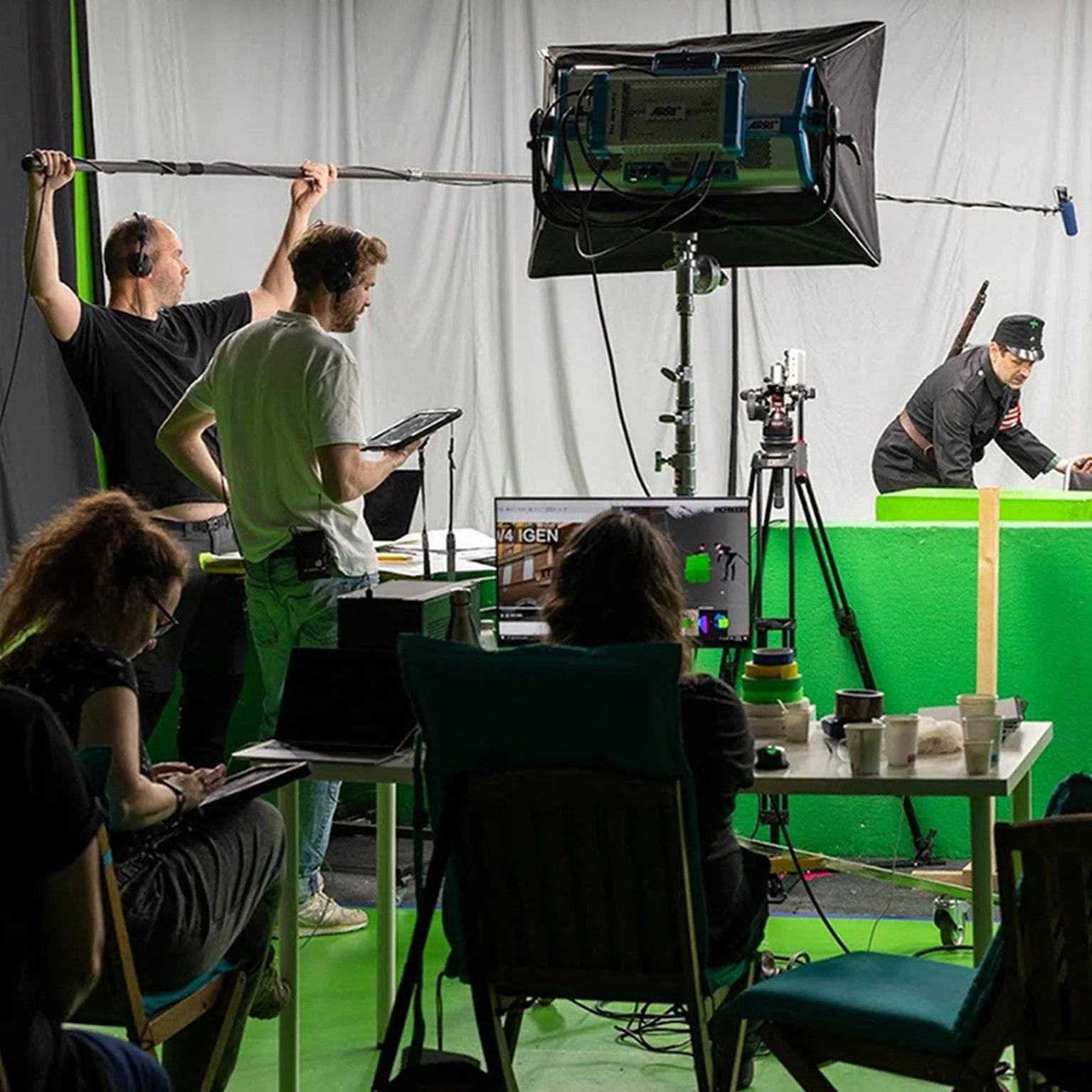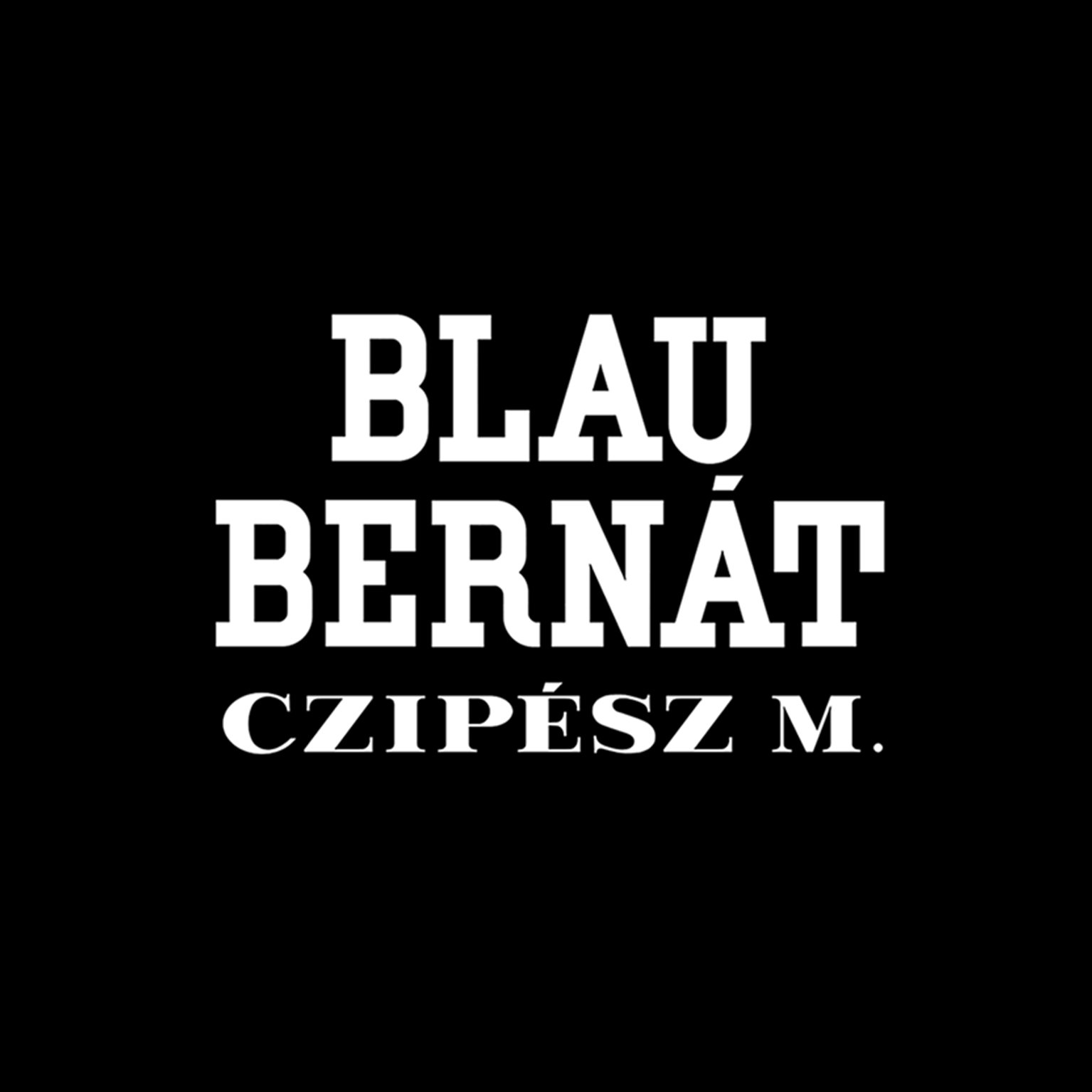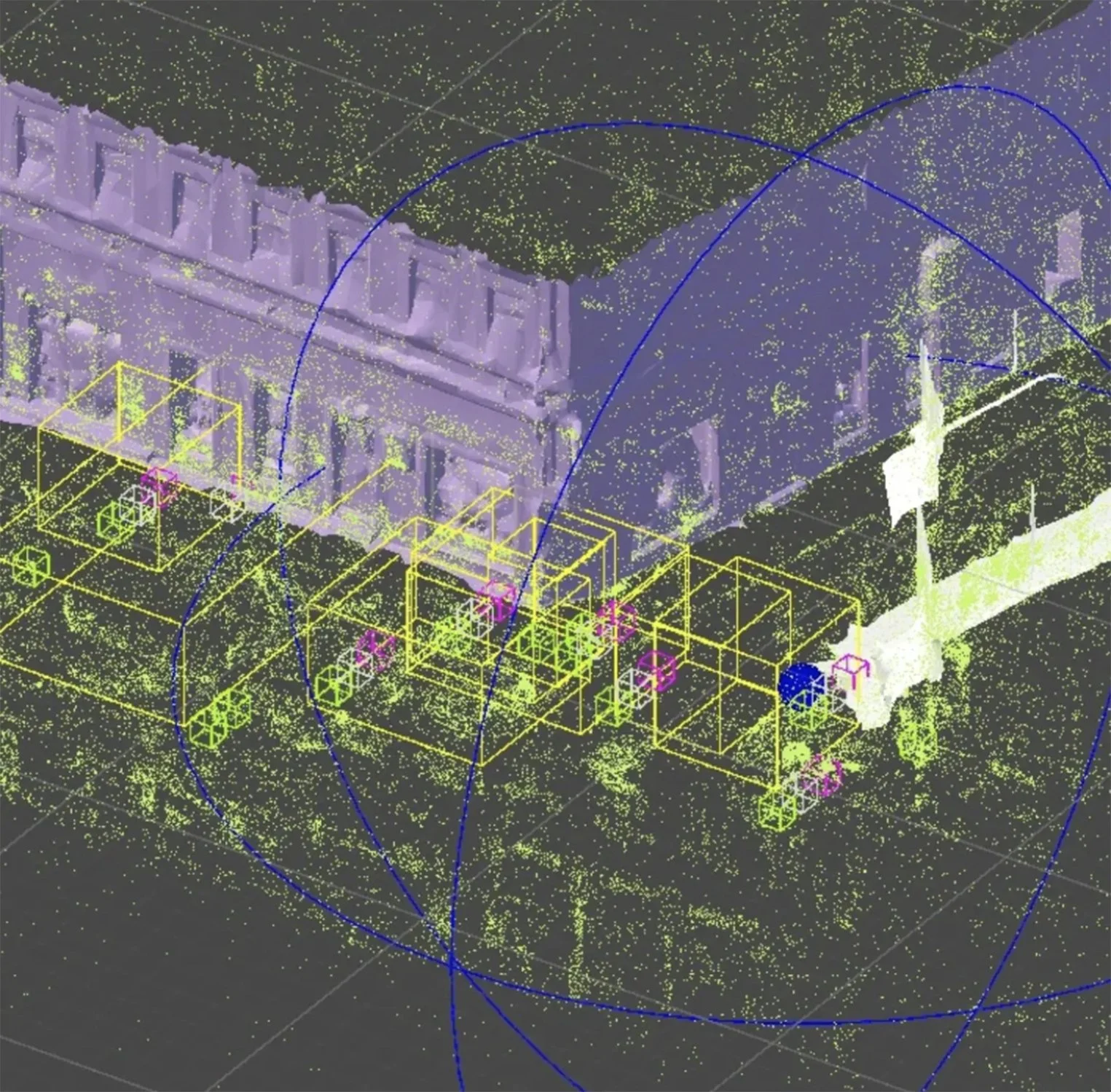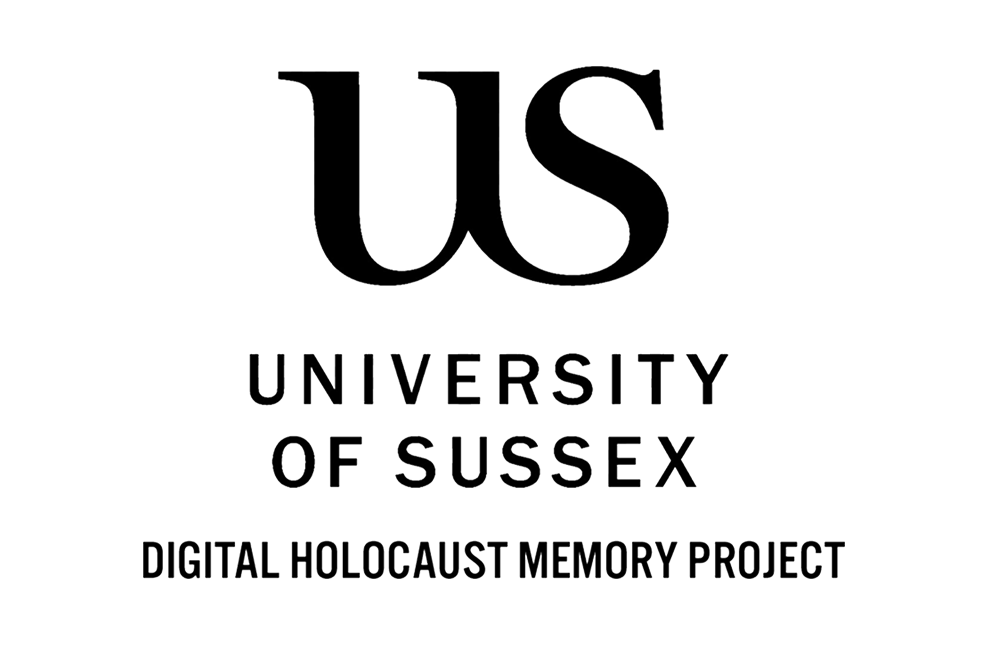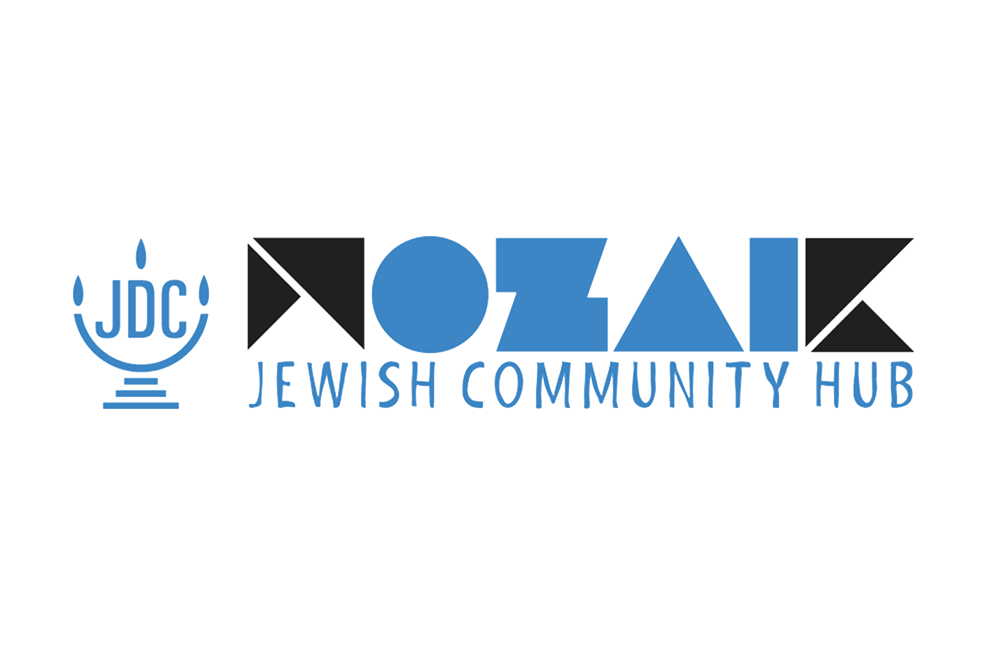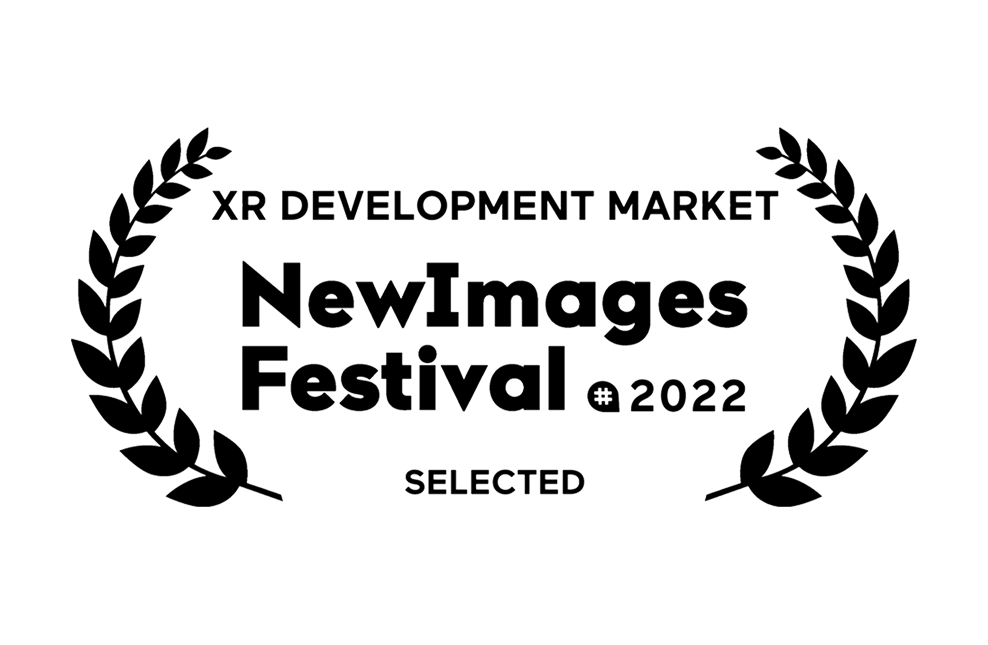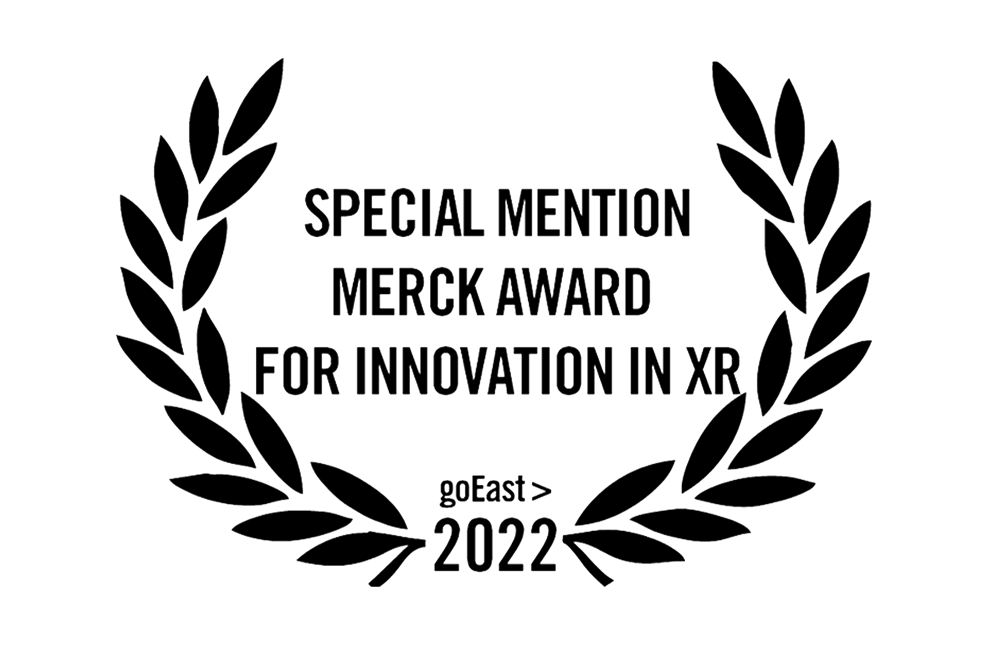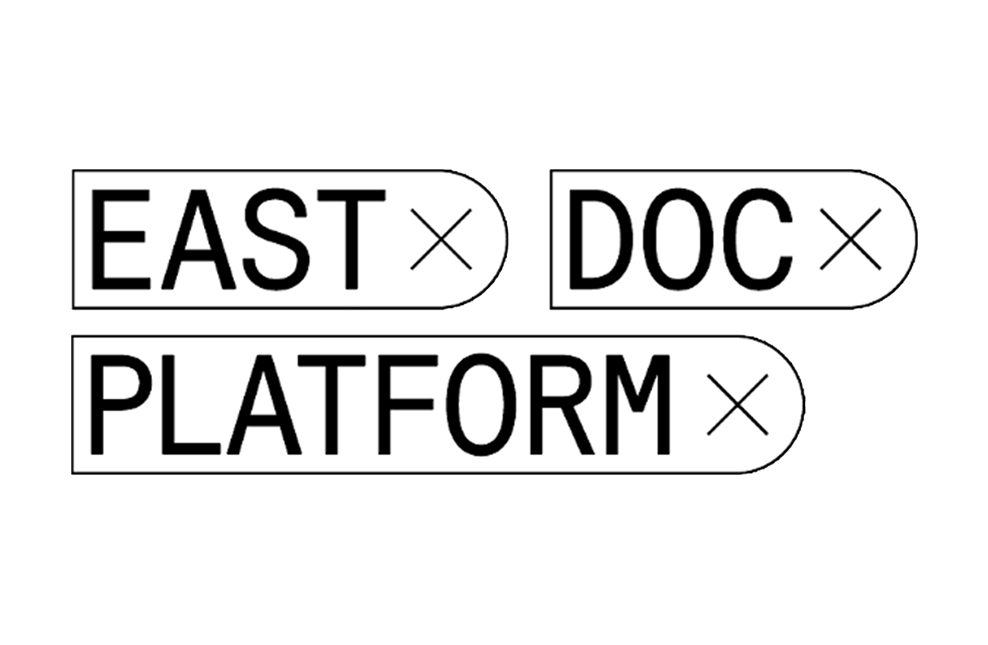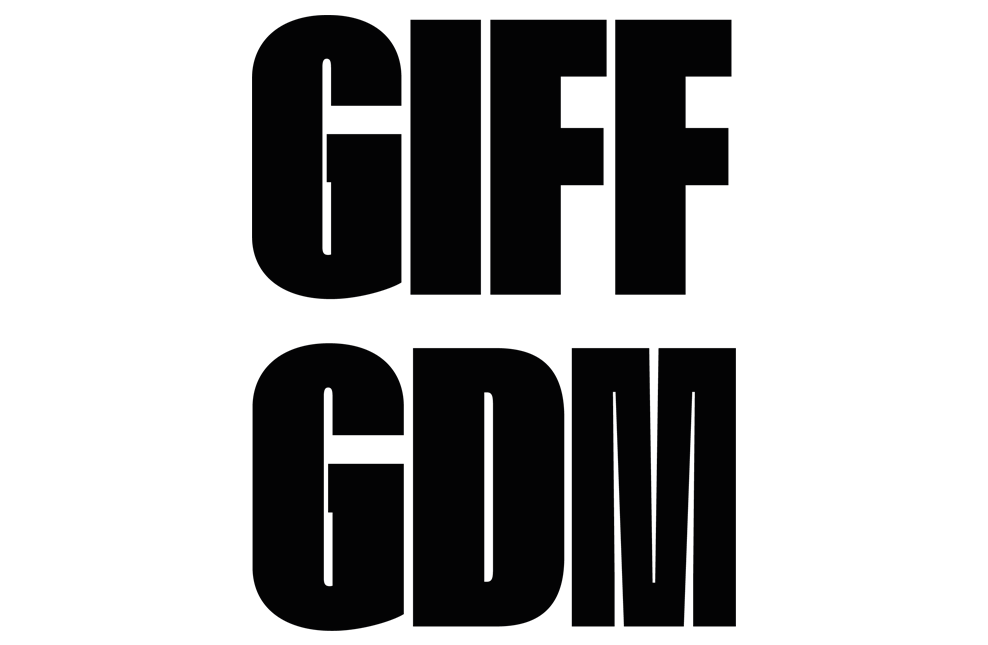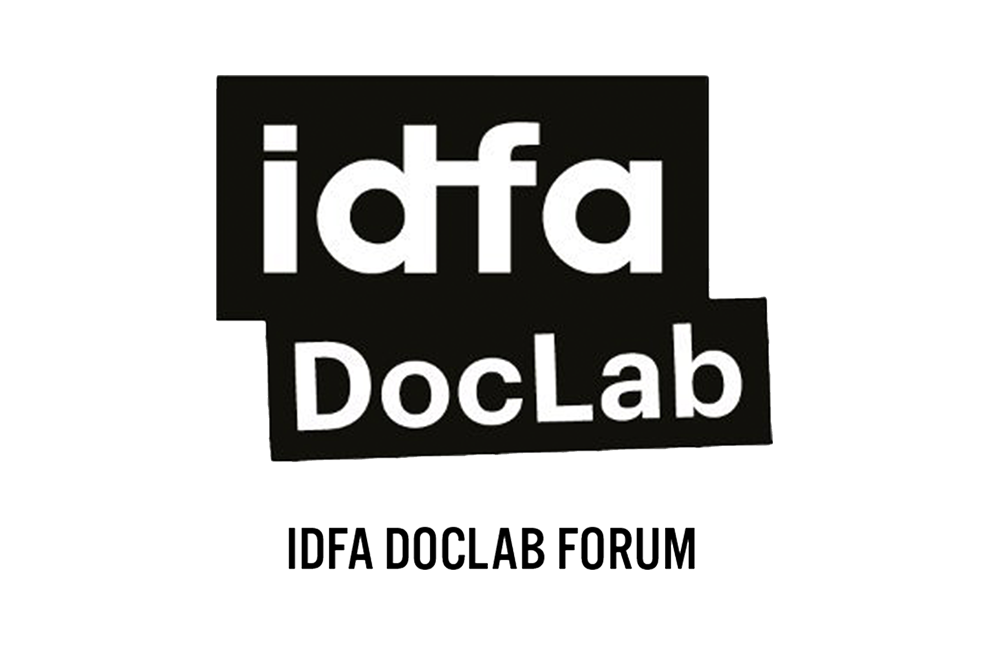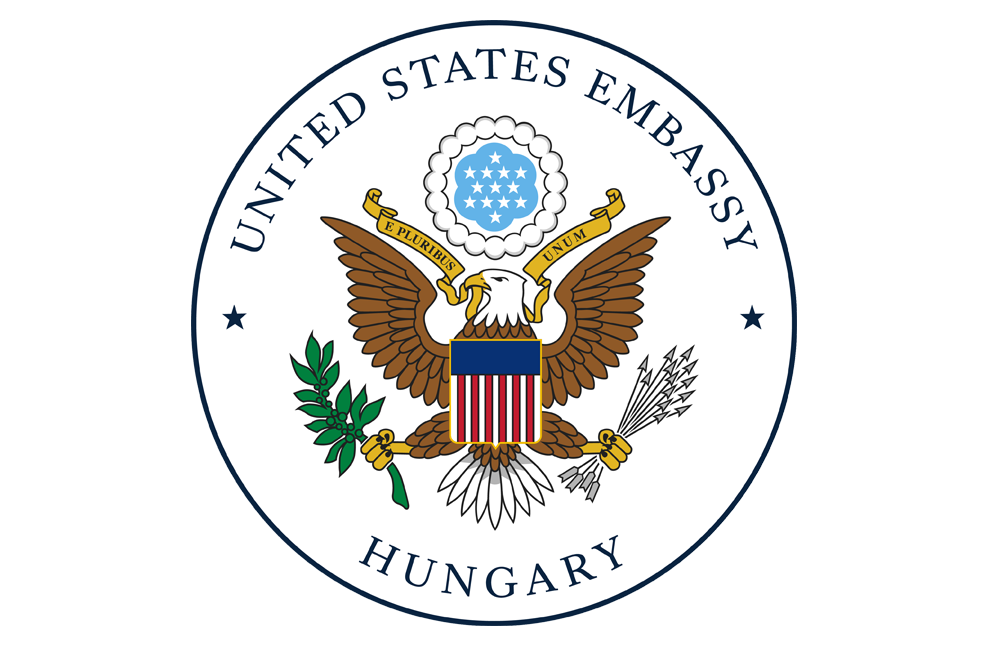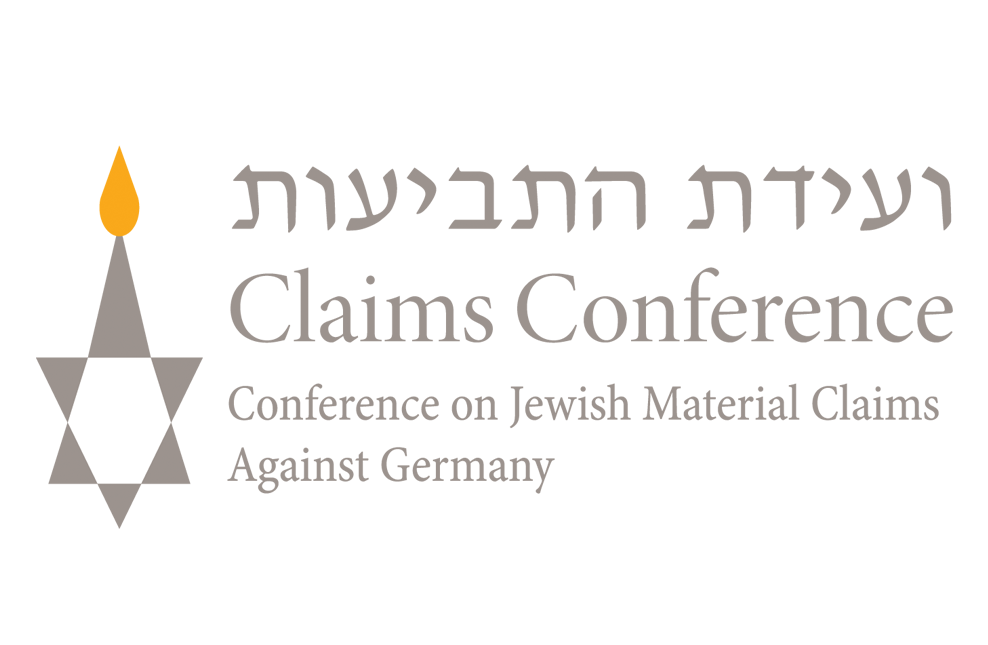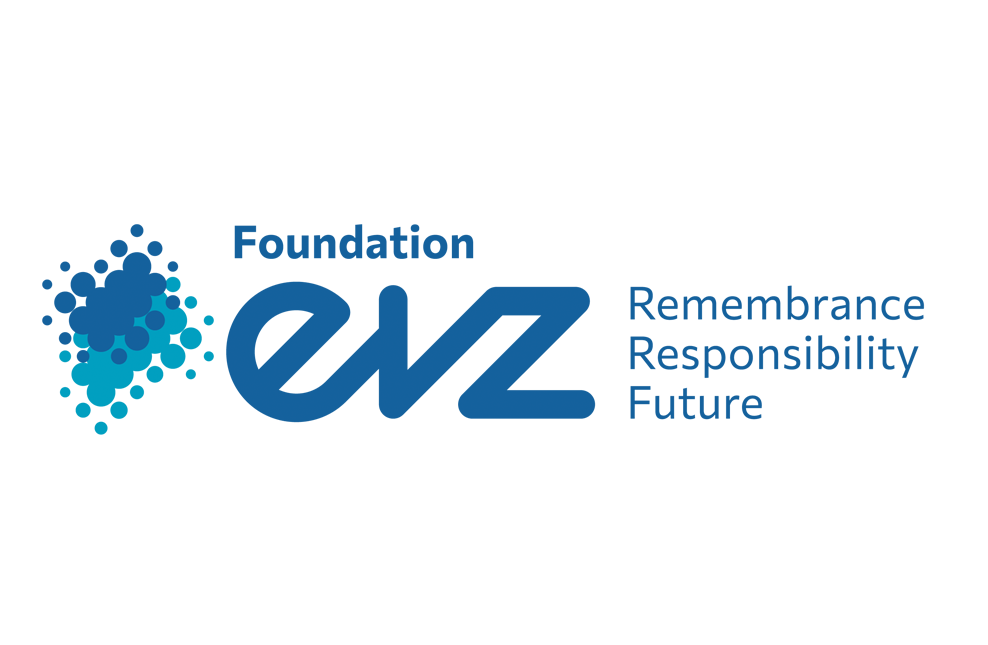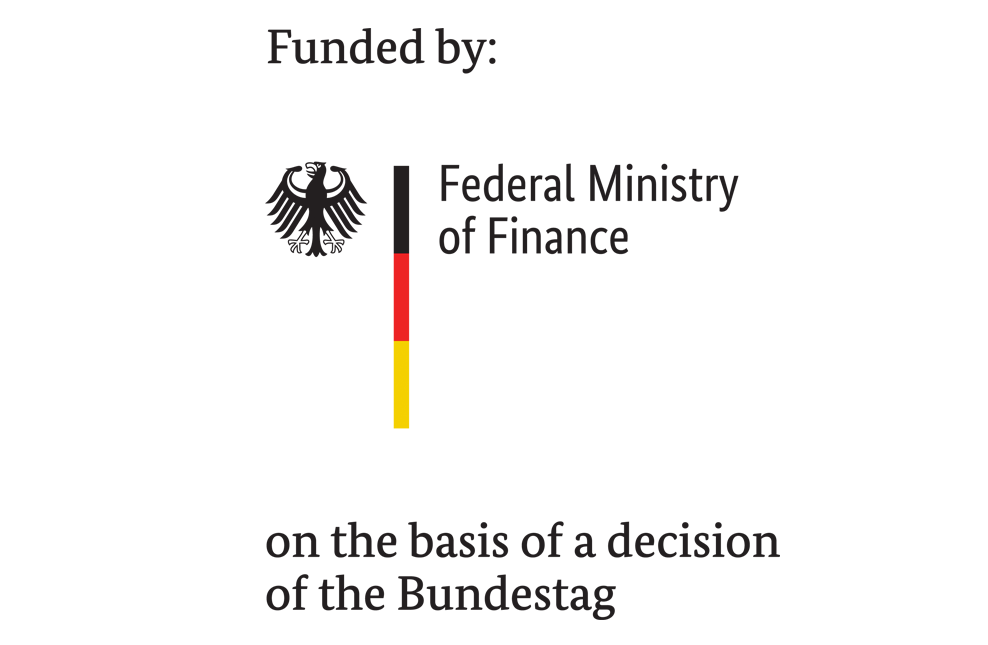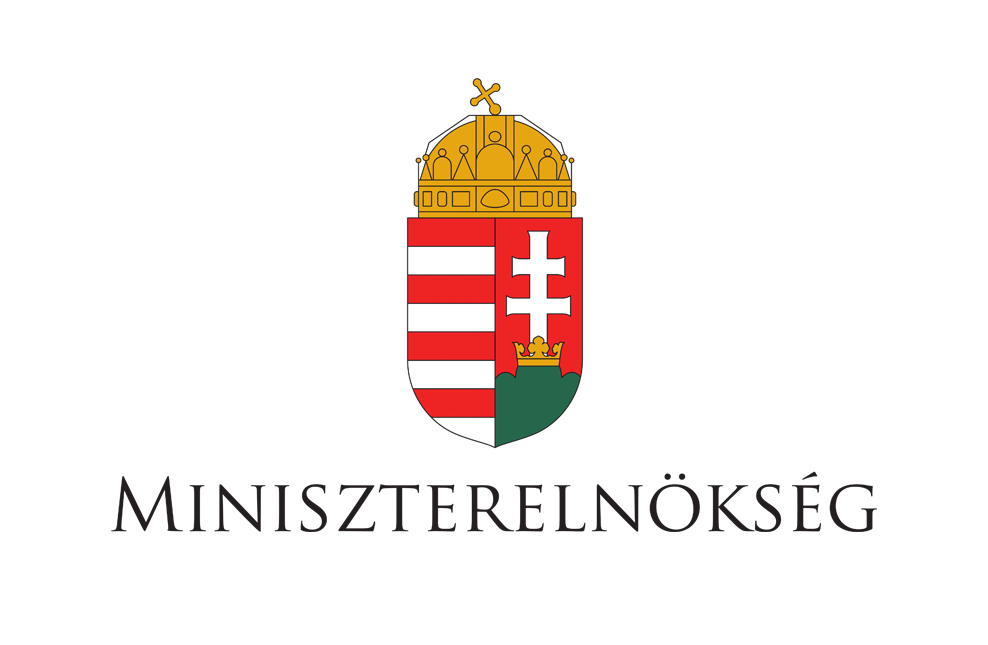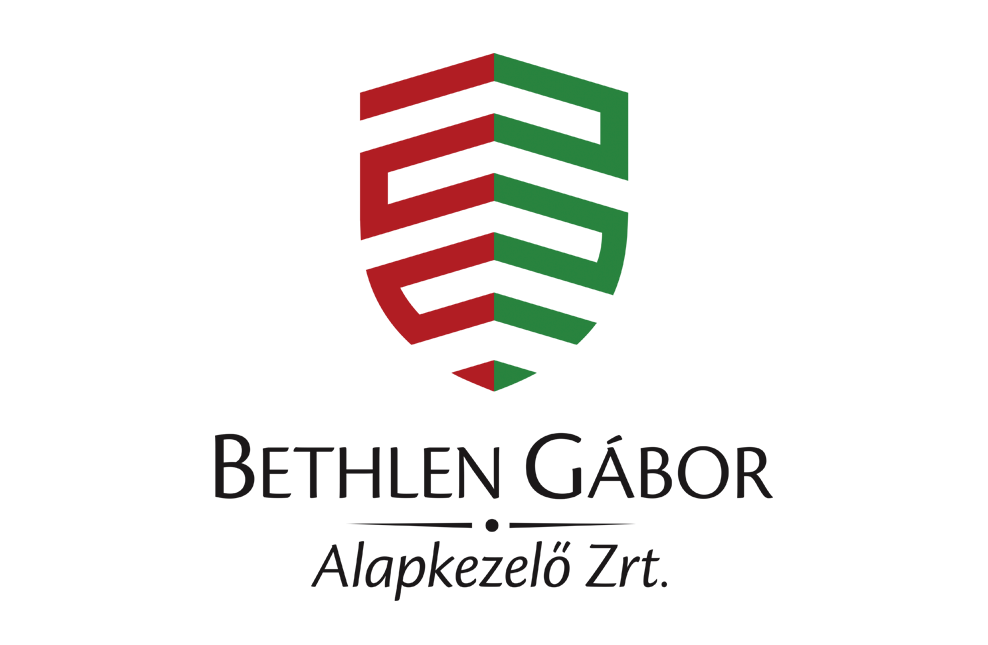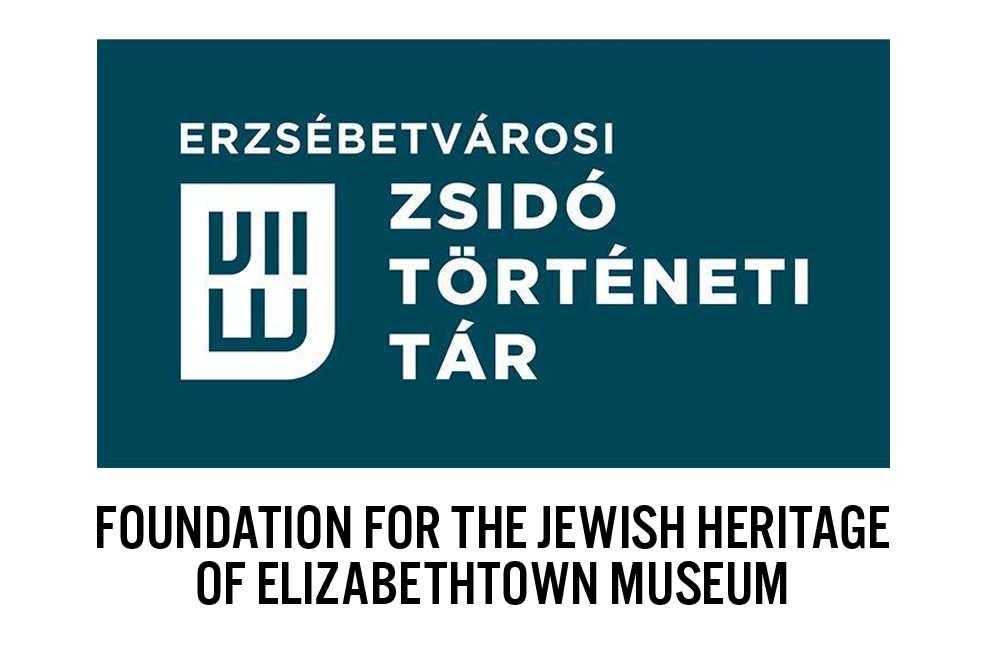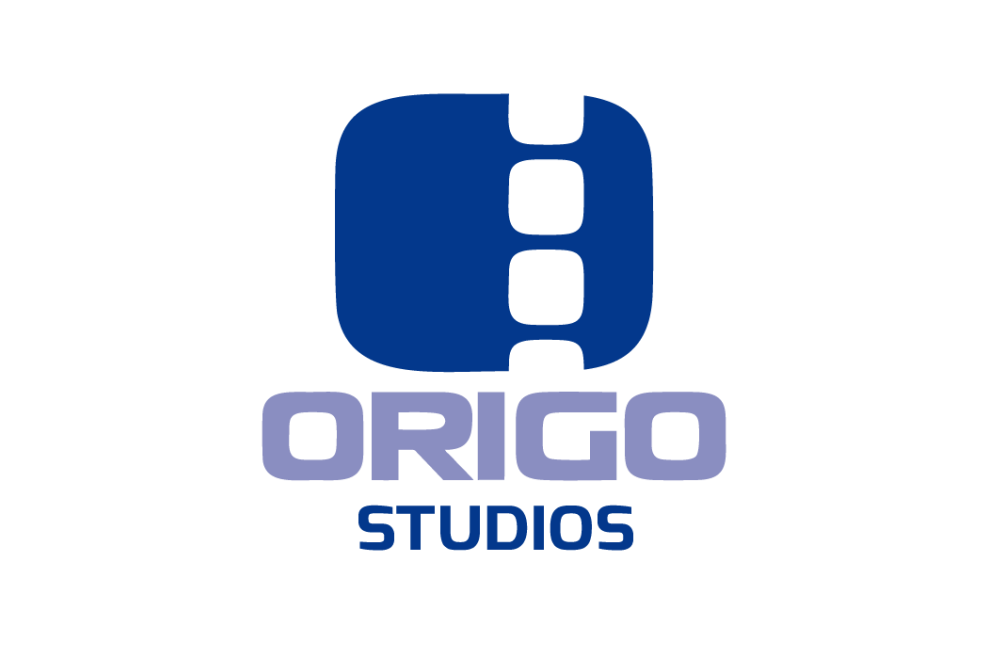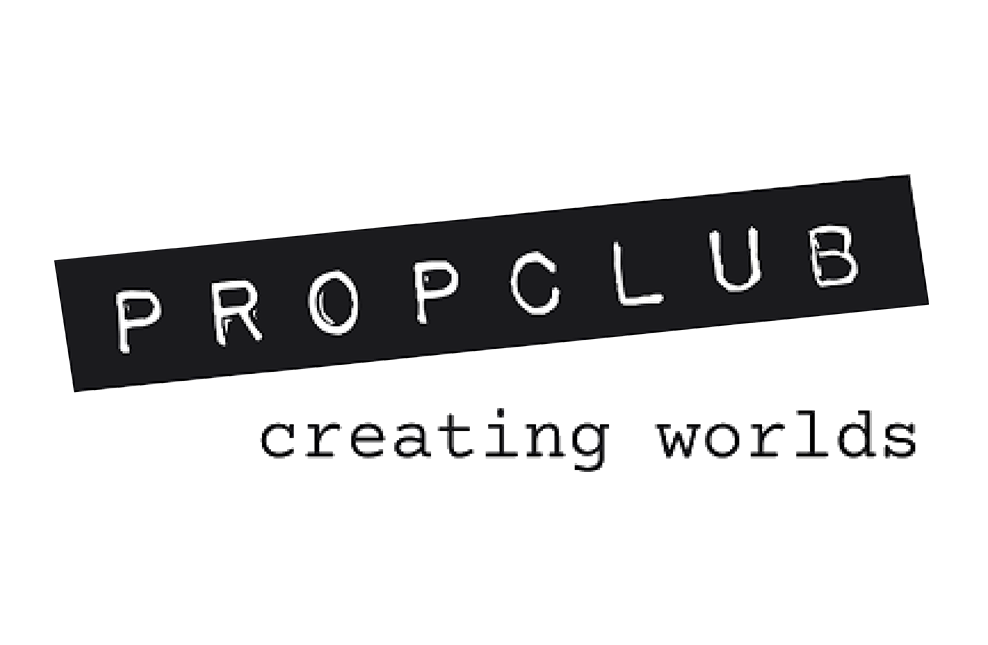Egy város története,
ahogy még sosem láttad.
© Magyar Kereskedelmi és Vendéglátóipari Múzeum
Grafika: © If These Streets Could Talk, Nemes Péter
Történet.
Az If These Streets Could Talk – Ha ezek az utcák mesélhetnének egy kiterjesztett valóságon alapuló várostörténeti élmény, amibe a résztvevő maga is beléphet, hogy testközelből tapasztalja meg a mai erzsébetvárosi bulinegyed utcáinak múltját.
Célunk, hogy hogy a mai városi terekben újra átélhetővé váljanak emberi sorsok, döntések és morális dilemmák. Az általunk fejlesztett élmények a legújabb történetmesélési technológiákra, nemzetközi etikai kutatásokra és közösségi finanszírozásra támaszkodnak.
A első tesztfázisban három prototípust készítettünk el különböző nézőpontokból: Vanczák Béla küldetése a bátorság és civil ellenállás oldaláról mutatja be, hogyan próbál egy férfi nyilasnak álcázva életeket menteni a gettó falain belül; a Mézeskalács a kívülálló perspektívájából vizsgálja a közöny és a segítségnyújtás határait; míg a Két kenyér a gettóba zárt áldozat szemszögéből tárja fel a „választás nélküli választás” tragédiáját. A három történet együtt igyekszik átélhetővé tenni a korszak embert próbáló helyzeteit és eltérő nézőpontjait.
A végleges, 2027-re tervezett élmény az 1900-as évek pezsgő Budapestjéből indul, és egészen a város 1945-ös felszabadításáig vezeti a közönséget.
Hírek.
Tech.
Az If These Streets Could Talk – Ha ezek az utcák mesélhetnének a legmodernebb AR és XR technológiákra épül: célunk, hogy a városi térben, a résztvevő körül elevenedjen meg a történelem. Módszereink alapja a háromdimenziós városrekonstrukció, színészekkel rögzített jelenetekkel és korszerű digitális vizualizációval. Az általunk használt technológia lehetővé teszi, hogy a múlt és a jelen rétegei egymásra kerüljenek, így a néző nemcsak megfigyelője, hanem részese is a történetnek, és aktívan alakítja azt. Az alapkoncepció a rendező stanfordi AR-óráján inkubált módszereiből indul ki, de azt továbbfejleszti egy több tudományterületről érkező kutatócsapat filmes szakemberekkel, programozókkal, 2D-3D művészekkel közösen, nemzetközi etikai irányelvek alapján.
Ezen az oldalon az általunk használt technológiával kapcsolatban találtok részleteket, kulisszatitkokat.
Mi az AR?
Az If These Streets Could Talk alapvetően NEM AI, hanem AR (kiterjesztett valóság) alapú projekt. Ezzel együtt használunk bizonyos AI-alapú eszközöket pl. amikor Király utcán sétálva az eszközünk AI segítségével centiméter pontosan felismeri, melyik épület előtt haladunk el, és valós időben építi rá a virtuális történelmi díszleteket.
Visszajelzések.
„Sok film és művészeti alkotás született már a holokausztról, azonban ilyen korszerű technológiát használó audiovizuális alkotás talán még sosem. (...) Fontos, hogy ma a pesti éjszakai élet és a turizmus központjának tekintett bulinegyed történelmi gyökereit is megismerjük. Bevallom, én magam sem emlékeztem, hogy az egykori gettó határai jelezve vannak a Klauzál tér körüli utcák járdáiba süllyesztett kőlapokkal és rézcsíkokkal.”
Fancsikai Péter
színész, médiaművész, zeneszerző
„Azzal, hogy a résztvevők azonosulhatnak egy karakterrel, aki bevezeti őket a történetbe, lehetőségük nyílik arra, hogy igazán magukévá tegyék a múltat”.
Ausztrics Andrea
producer, kurátor
„Teljesen újszerű, letaglózó élmény volt. Legalább tíz éve itt élek a környéken. Azt hittem, jól ismerem ezeket az utcákat, de valójában rengeteg mindent nem tudok. Látni a régi üzlethelyiségeket, azt, hogy mennyire hasonlítanak a mostaniakra, mégis mennyire más volt az élet. Ez nagyon sokat hozzátett ahhoz, amiért ennyire megrázó az élmény.”
Bede-Fazekas Máté
író, színész, filmkészítő
Kapcsolat.
Kérdésed van? Írj nekünk:
hello@if-these-streets.org.
Tesztelés.
2026 folyamán a közönség bevonásával is teszteljük prototípusainkat.
Ha te is kipróbálnád, iratkozz fel tesztelésre!
A részvétel semmilyen előzetes technikai vagy történelmi háttértudást nem igényel.
Hírlevél.
Érdekelnek a legfrissebb híreink? Iratkozz fel hírlevelünkre!
Köszönjük intézményi támogatóinknak és partnereinknek:

